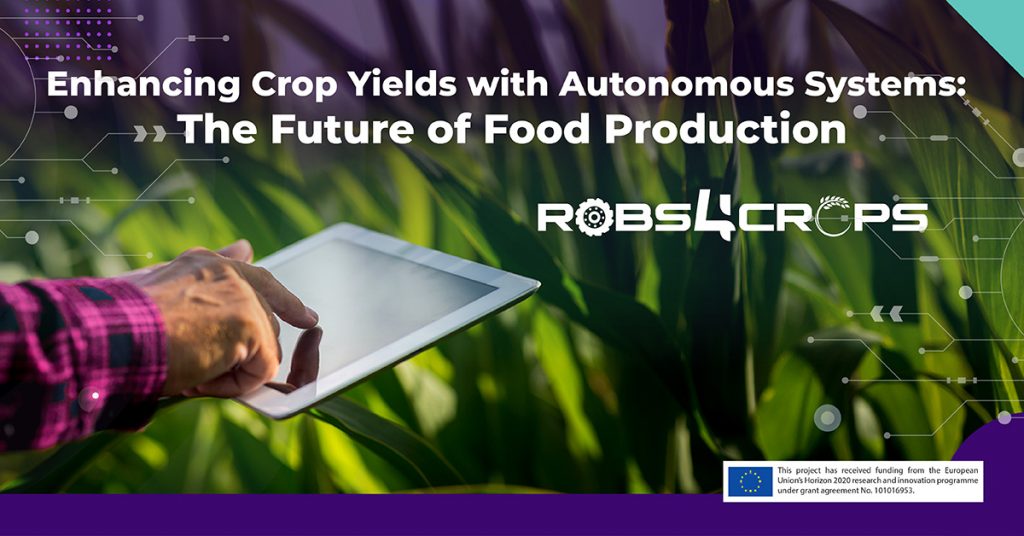As global challenges like climate change and labor shortages intensify, the need for innovation in agriculture has never been greater. Autonomous systems are emerging as key players in enhancing crop yields and promoting sustainable practices. This blog explores how these cutting-edge technologies are shaping the future of food production.
The Growing Need for Innovation in Agriculture
Modern agriculture faces an array of challenges that threaten the sustainability and productivity of food systems worldwide. Climate change is altering growing seasons and increasing the frequency of extreme weather events, putting crop yields at risk. Simultaneously, labour shortages are making it difficult to manage farms efficiently, particularly during peak seasons. To address these issues, there is an urgent need for innovation in farming practices. Automation and autonomous systems offer a critical solution, enabling farmers to optimise resource use, enhance crop yields, and implement more sustainable practices that can withstand the pressures of a rapidly changing environment.
Autonomous Systems in Robs4Crops: A Game-Changer for Crop Production
Autonomous systems are revolutionising crop production, particularly in the areas of weeding and spraying. These technologies allow for precise, targeted application of herbicides and pesticides, drastically reducing the need for chemicals and minimising environmental impact. Advanced sensors and AI-driven systems can identify weeds and pests with pinpoint accuracy, applying treatments only where necessary. This precision not only improves crop health and yields but also enhances sustainability by reducing waste and soil degradation.
Within the EU-supported project Robs4Crops, four Pilots accross Europe are doing exactly this – testing autonomous systems aimed to ease weeding and spraying practices. The overarching mission is to boost efficiency and ensure that farming practices can meet future demands while protecting natural resources.
Sustainable Farming Practices: Integrating Technology for Better Yields
Sustainable farming practices, as outlined in the FAO’s guidelines on sustainable crop production, emphasise the efficient use of resources, maintaining soil health, and protecting biodiversity. Integrating technology into these practices can greatly enhance their effectiveness, enabling precise resource management and minimising environmental impact. For instance, autonomous systems can optimise water use, reduce soil disturbance, and ensure targeted application of inputs, aligning with the principles of conservation agriculture. By combining traditional sustainable practices with advanced technology, farmers can boost crop yields while preserving natural ecosystems, achieving a balance between productivity and environmental stewardship.
Final Word
The future of food production lies in the continued evolution of autonomous systems, driving even greater efficiency and sustainability. As technology advances, we can expect smarter, more integrated solutions that will further revolutionise farming. Stay informed on these innovations by following our Newsroom, where you’ll find the latest updates and insights into the future of agriculture.

